Swift Covid-19 vaccine within reach, say Swiss scientists
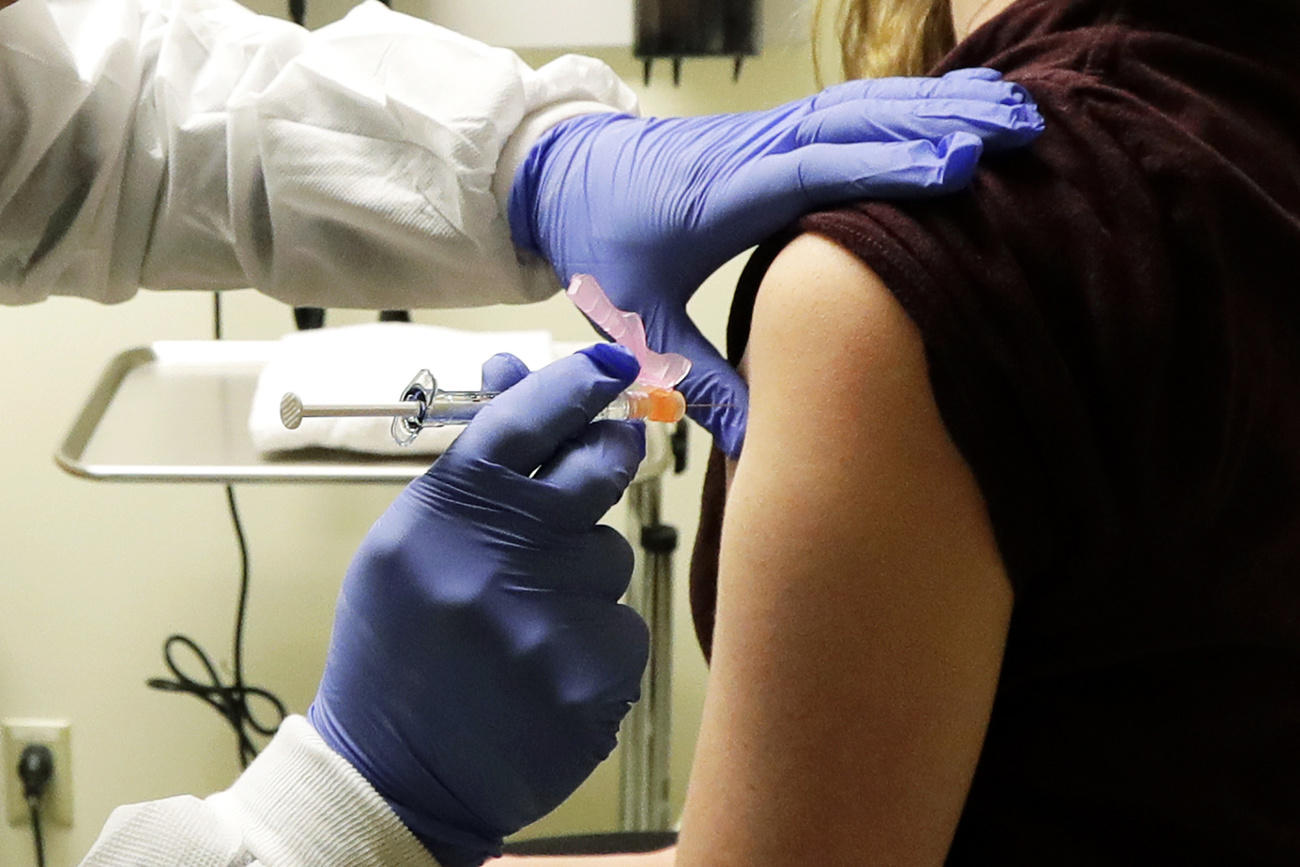
A team of researchers at the University of Bern is hoping to be the first to produce a vaccine against Covid-19 and inoculate the entire Swiss population in October.
“We have a realistic chance of being successful,” said Martin Bachmann, head of immunology at the Swiss university via a web conference with ACANU, the United Nations press association. “Switzerland has a history of being pragmatic and is more interested in finding a compromise to get the vaccine faster.”
Since the beginning of the coronavirus outbreak and its designation by the World Health Organization as a Public Health Emergency of International Concern (PHEIC) at the end of January, most international health experts and authorities have said a vaccine should not be expected for about a year to 18 months – at the earliest.
Unique approach
Bachmann, who is also professor of vaccinology at the Jenner Institute at the University of Oxford, said his accelerated timing could be partially explained by potential ease of production, where the equivalent of 200 litres of bacterial bio ferment, which is needed for the jabs, could produce 10-20 million doses.
“The vaccine is unique because of the huge scalability. It has the ability to produce billions of doses in a short time frame,” Bachmann said.
The vaccine under development by the Swiss team takes a different approach than other labs by using so-called virus-like particles, which are not infectious – unlike when using the virus itself – and which provide good immunity response. A prototype was developed in February, just weeks after the new coronavirus was identified in China, and proved successful in tests on laboratory mice, when the serum neutralised the virus.
Gary Jennings, CEO of Saiba BiotechExternal link which is working with the University of Bern, said the Swiss authorities are aware of the importance of approving the vaccine’s development. “We can do this if the Swiss government and the regulators want to do it. If they want to see this vaccine made available to the public in this timeframe, then it will be done.”
Getting approval
Swissmedic, the national authority responsible for approving and supervising therapeutics, confirmed that it has already been offering scientific advice to the project and is aware of how the research is progressing.
Spokesperson Lukas Jaggi told swissinfo.ch that “in this exceptional situation, we realistically have to reckon with eight to 14 months until we have a vaccine against the new coronavirus SARS-CoV-2.”
In an e-mailed statement the communications official wrote that “Swissmedic gives high priority to time. But safety and tolerability of the vaccine come first. It is therefore important that companies and research groups contact Swissmedic at an early stage so that we can accompany and support them in their development before they submit an application for authorisation.”
Development of the vaccine to a point where it could be produced on a large scale will require raising CHF100 million ($103 million), according to Saiba Biotech, which Bachmann co-founded. While the USZ FoundationExternal link, the University Hospital Zurich’s charitable organisation, has expressed interest in supporting the research, Jennings said that Saiba has already been in talks with pharmaceutical giants Novartis and Lonza.
Worldwide some 2.5 million people have tested positive for coronavirus with 170,000 deaths, including a growing number in countries with limited health services. Switzerland has reported nearly 28,000 cases and more than 1,400 fatalities.
Anti-Covid therapeutic programme
The Molecular PartnersExternal link laboratory in Zurich has launched a therapeutic programme against Covid-19 in collaboration with the Federal Office for Civil ProtectionExternal link (FOCP). The company says it has identified several specific proteins that can neutralise SARS-CoV-2, the cause of viral pneumonia.
These proteins have been combined to act on three fronts against the virus, in particular by preventing it from penetrating human cells, the company said in a statementExternal link on April 20.
Initial research conducted with virologists at the Spiez LaboratoryExternal link, a division of the FOCP, has identified “hundreds of proteins” that may have neutralising qualities. Molecular Partners is planning production conditions from the third quarter onwards.
A previous version of this story indicated that the USZ Foundation belongs to the University of Bern; it belongs to the University Hospital Zurich. We regret the error.
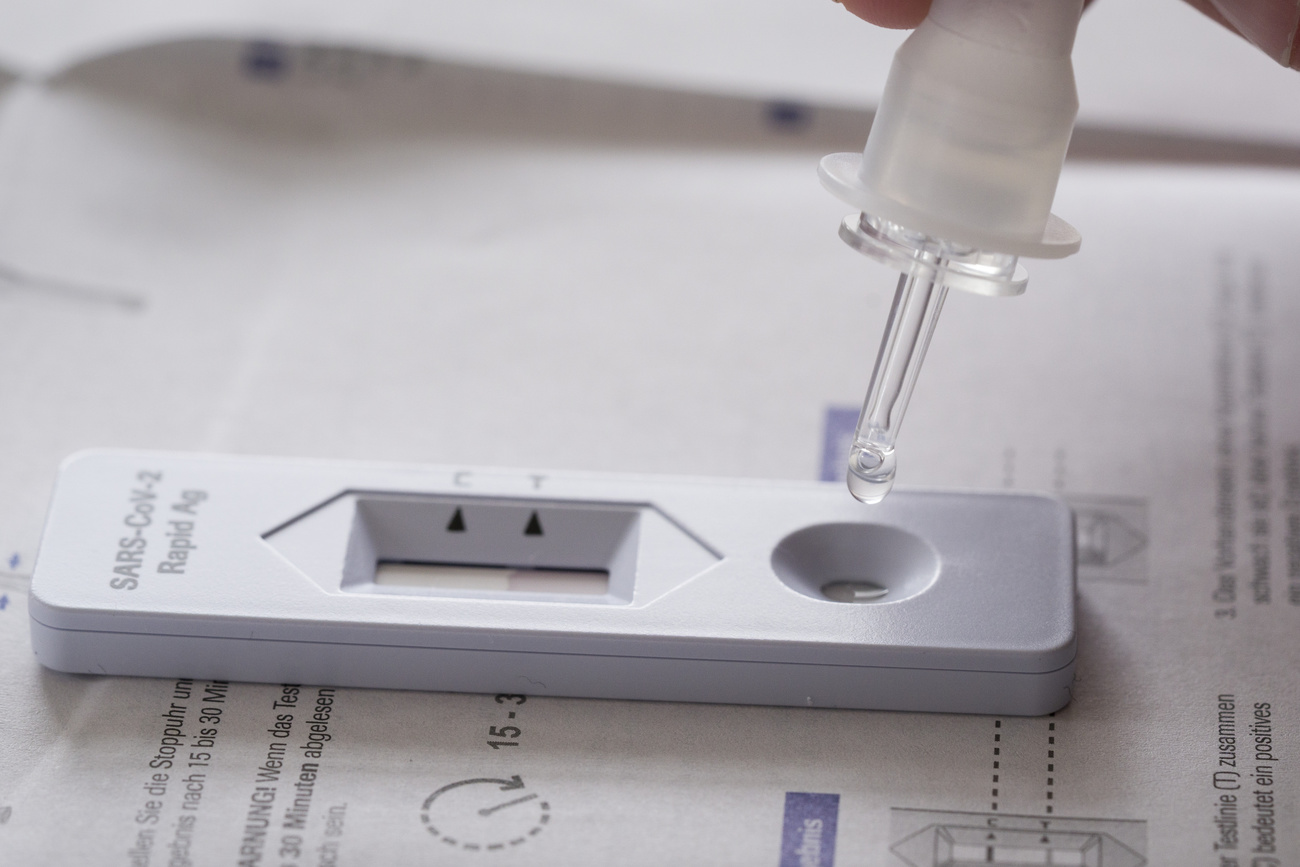
More
Coronavirus: the situation in Switzerland

In compliance with the JTI standards
More: SWI swissinfo.ch certified by the Journalism Trust Initiative
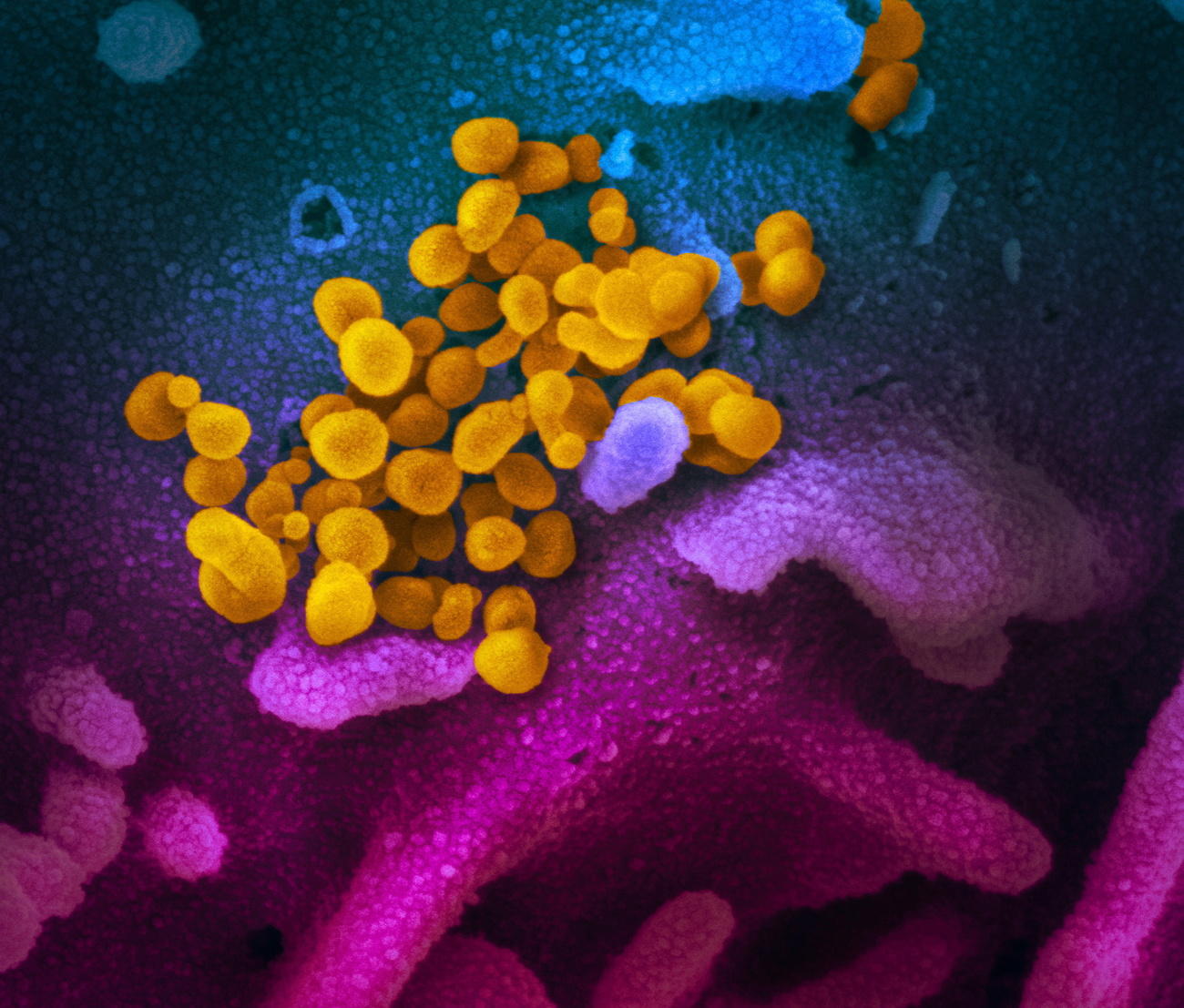
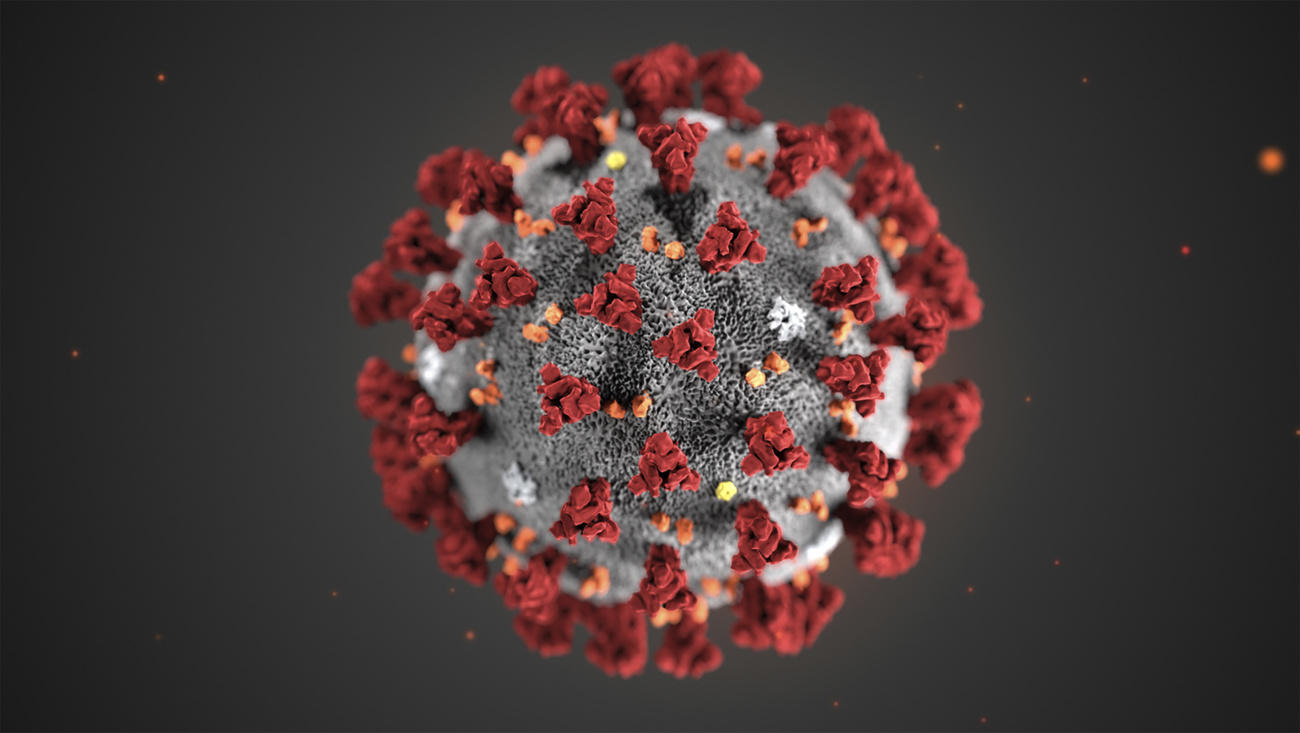
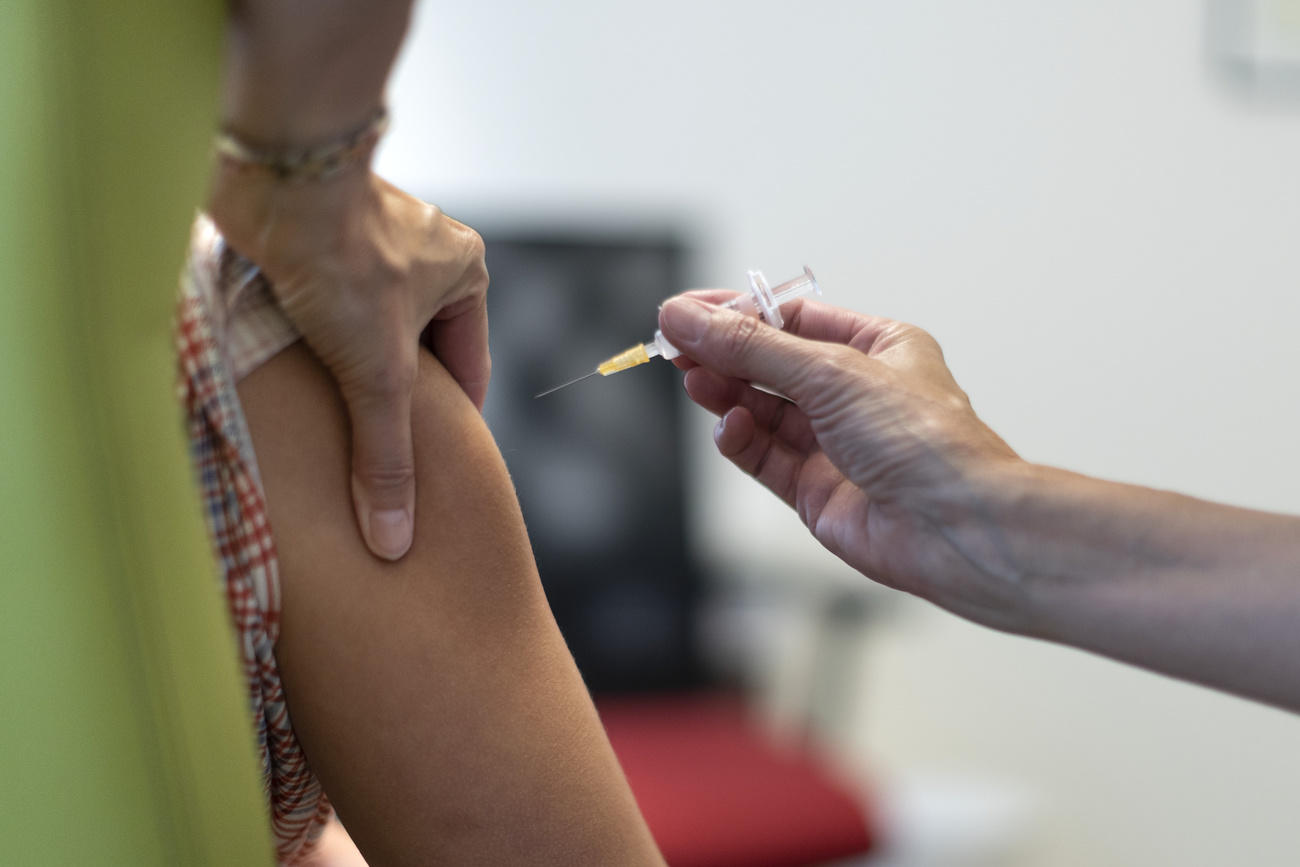
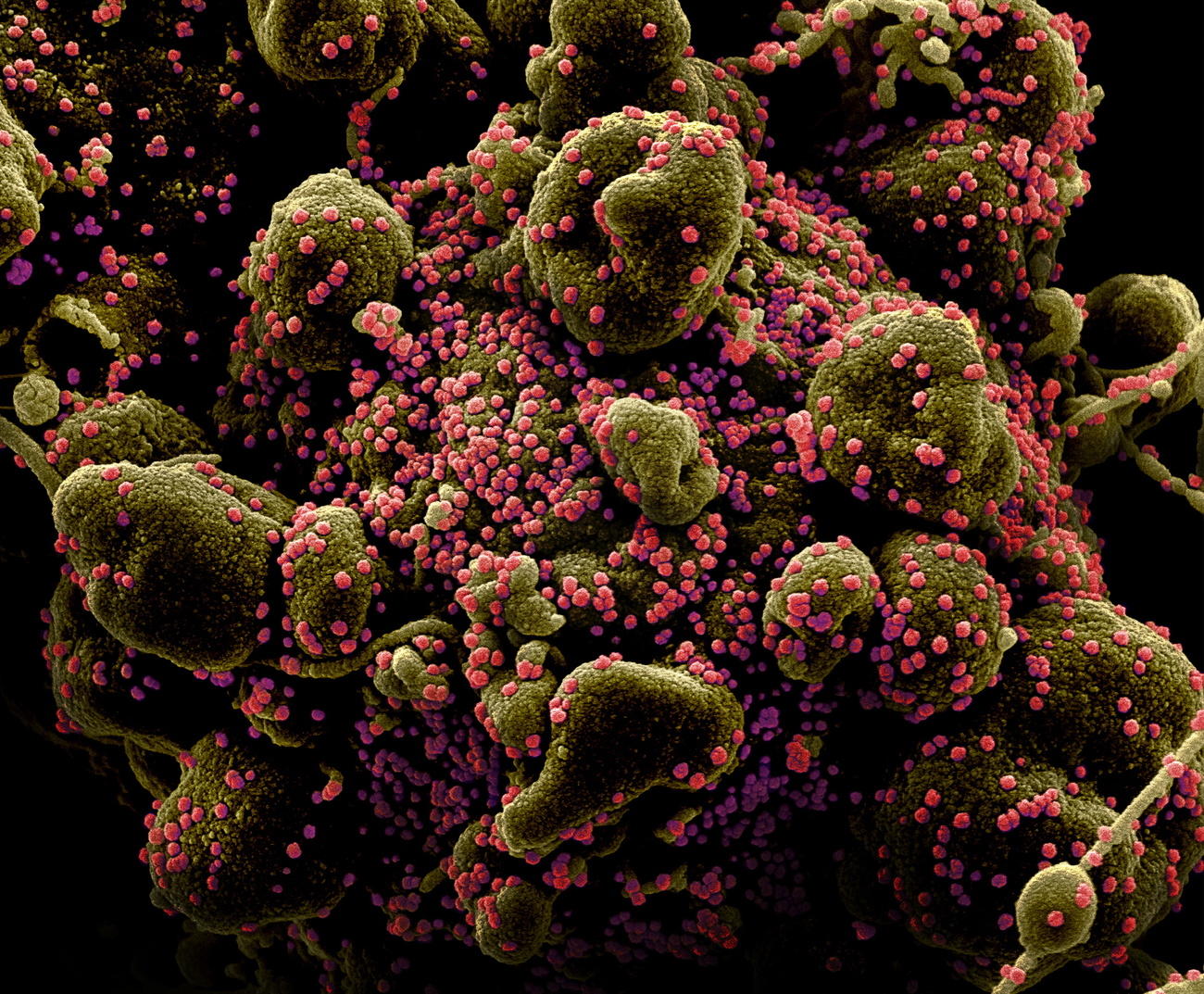
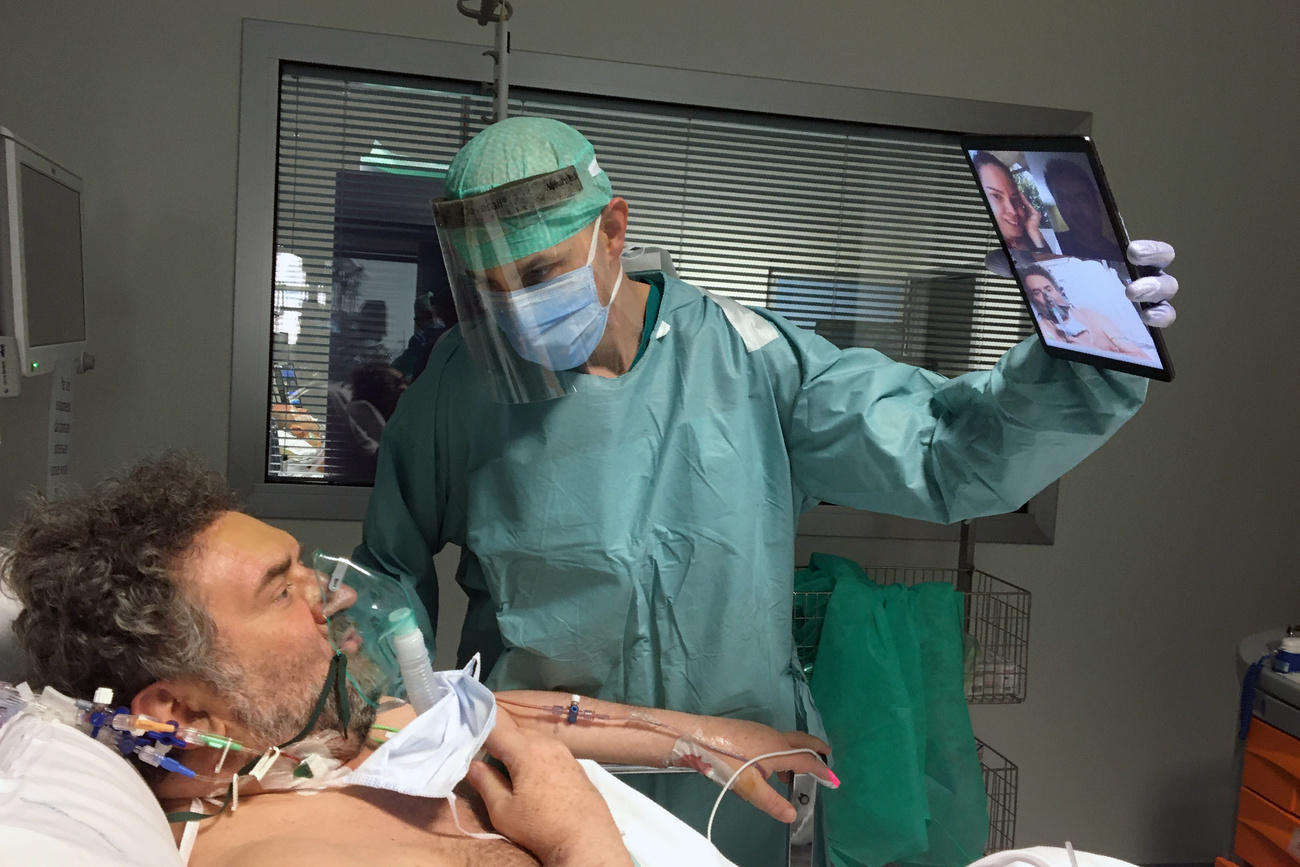
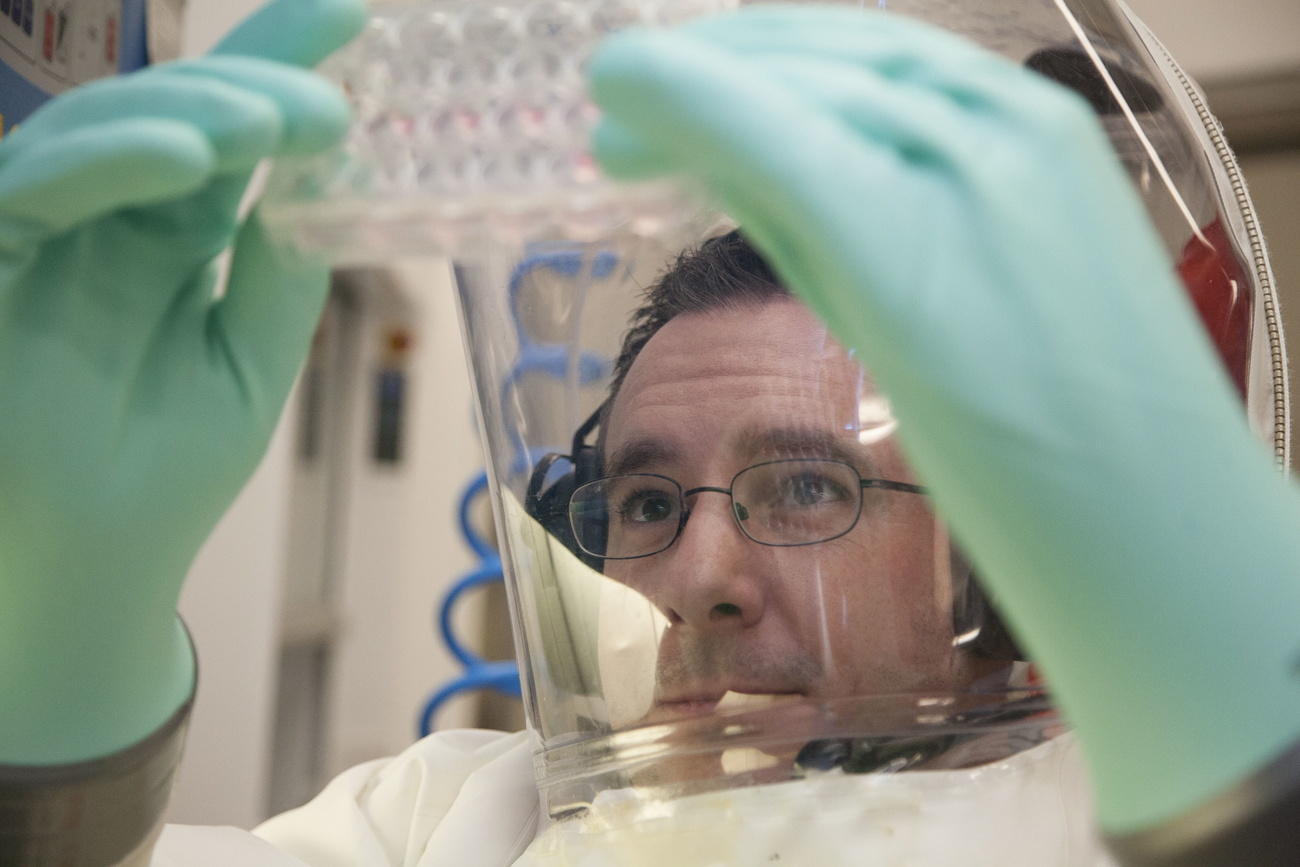
You can find an overview of ongoing debates with our journalists here. Please join us!
If you want to start a conversation about a topic raised in this article or want to report factual errors, email us at english@swissinfo.ch.